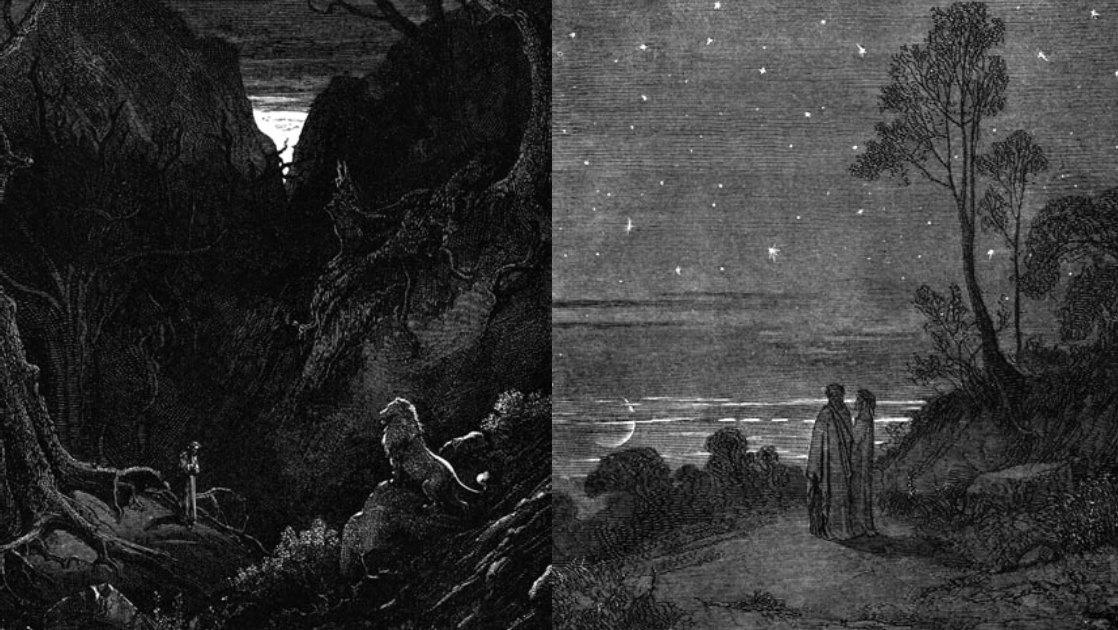Please enjoy this published record of the expression of David Whyte on A Thinking Allowed DVD with Jeffrey Mishlove where they discuss the poem Lost by David Wagoner. The original footage can be watched first, if you like, before reading my written record of it.
Jeffrey Mishlove, the interviewer, begins by stating that
there are so many aspects of society that are discordant. The rush on the freeways, the deterioation of our cities and infrastructure, the decay around is in the environment and the pollution. Yet, in the middle of all of this there’s something awesomely beautiful…
David Whyte:
Erm, I mean, life has always been difficult. It’s now collectively difficult across the whole planet.
I think we all realize in some ways that the game is up as far as our delusions about how you can live your lives.
Because the larger picture is there for us facing us all the time and this is exactly what’s happening in the corporate world now. There’s a tremendous thirst. You can go into any company. It doesn’t matter who. It can be Ford Motor Company or Stanford University. Any organisation.
People are desperate and they’re dying on their feet in a way and they want to know what happened to their lives.
And how they can how they can move into something that’s more satisfying and more real and more alive above all.
This is where poetry is enermously succesful. As – usually, in a room full of engineers let’s say, the more you talk about prescious experiences – the more they go away. But with poetry, which isn’t about a subject or experience but is the experience itself – you can create the experience in the room.
So, you can say that organisations and you yourselves as work teams are asking for change – creative change. This is not new. Human beings have been asking themselves this question for thousands of years for millenia.
Many of them have been good poets and have left things that have outlived them – immortal. They’re immortal because they speak to human beings from every generation.
So, here are some of the steps along the path, and the amazing thing is is that the steps are very precise.
If you want to start on the path, for instance, you say “what does it really mean to have really radical change in an organization?
Then, you can recite Dante Alighieri’s line from from the beginning of the Divine Comedy which is:
In the middle of the road of my life i awoke in a dark wood where the true way was wholly lost.
how do you know that you’re on your path?
Because it disappears, that’s how you know.
How do you know that you’re really doing something radical?
Because you can’t see where you’re going, that’s how.

Everything you have lent on for your identity has gone and so you are going to enter the the black contemplative splendors of self-doubt at the same time as you are setting out on this radical new path.
"You’re suggesting that dante provides a road map for us in some sense?"
Jeffrey Mishlove
it certainly does yes in many stages of the way. It was called the divine comedia because it is absolutely an astonishing road map of life but many other poets have left footprints in the snow that you can follow.
"i know one book of poetry describes it as poets are the technicians of the sacred…"
Jeffrey Mishlove
yes that’s right and with that first stage of entering the dark wood – there’s a marvelous poem by David Wagoner (as the chair of poetry at the University of Washington) called Lost and it’s a teaching story from the northwest indian teaching tradition and it’s a story that would be told to a young boy or girl that would ask the question ‘what do I do when I’m lost in the forest?’ This was a life and death situation in a cedar forest – you need to know where you are.
The question of what do you do when you’re lost and the need to know where you are are equally true for a middle manager in an organisation or for a street kid in Philadelphia.
Here’s the answer that the eldar gives:
Stand still. The trees ahead and bushes beside you Are not lost. Wherever you are is called Here, And you must treat it as a powerful stranger, Must ask permission to know it and be known. The forest breathes. Listen. It answers, I have made this place around you. If you leave it, you may come back again, saying Here. No two trees are the same to Raven. No two branches are the same to Wren. If what a tree or a bush does is lost on you, You are surely lost. Stand still. The forest knows Where you are. You must let it find you. David Wagoner, (1999)

You can say there are three things in this that are absolutely clear:
first of all the elder says you cannot sleepwalk your way into your destiny, you must wake up and pay attention.
Stand still, you know the trees ahead and bushes beside you are not lost – you must pay attention.
That means paying attention to the shadow sides of your existence, too.
You must pay attention to everything you’ve given away in order to make yourself safe – in your position at work, all the games you play in order to remain safe and untouched, as well as your creative gifts too -you must pay attention to those also.
The second stage is that, in this in this teaching from the elders is this incredible feeling of silence.
That, unless you have this silence in your life and you feel the silence in the poem where it says:
If you leave it, you may come back again, saying Here. No two trees are the same to Raven. No two branches are the same to Wren. If what a tree or a bush does is lost on you, You are surely lost.
Do you feel the silence there? you’re almost under that cedar canopy…
I think what the elder is saying there is that, if you pay real attention — unless you
have an ability for silence in your body to do that then you will get too frightened — because all the voices inside you will drown out any real change, they’ll have a hundred reasons not to make any real change, you see – as you’ve got all the voices and all the reasons not to do it.
So, the ability for profound silence is being called on here and then that attention can flower
into something else.
Because you really don’t know what your grief is. If you do feel grief about your
workplace – you really don’t know what’s underneath that grief until you fall into it.
"the poem seems to be attempting to awaken a kind of intuitive sense?"
Jeffrey Mishlove
That’s right.
And then the amazing last line
The forest knows where you are. You must let it find you.
This is astonishing because in the zen tradition they say if you go out and confirm the ten thousand things – this is delusion. If the ten thousand things come and confirm to you – this is enlightenment.
See, the salish elders in the northwest were saying the same thing!
The forest knows Where you are. You must let it find you.